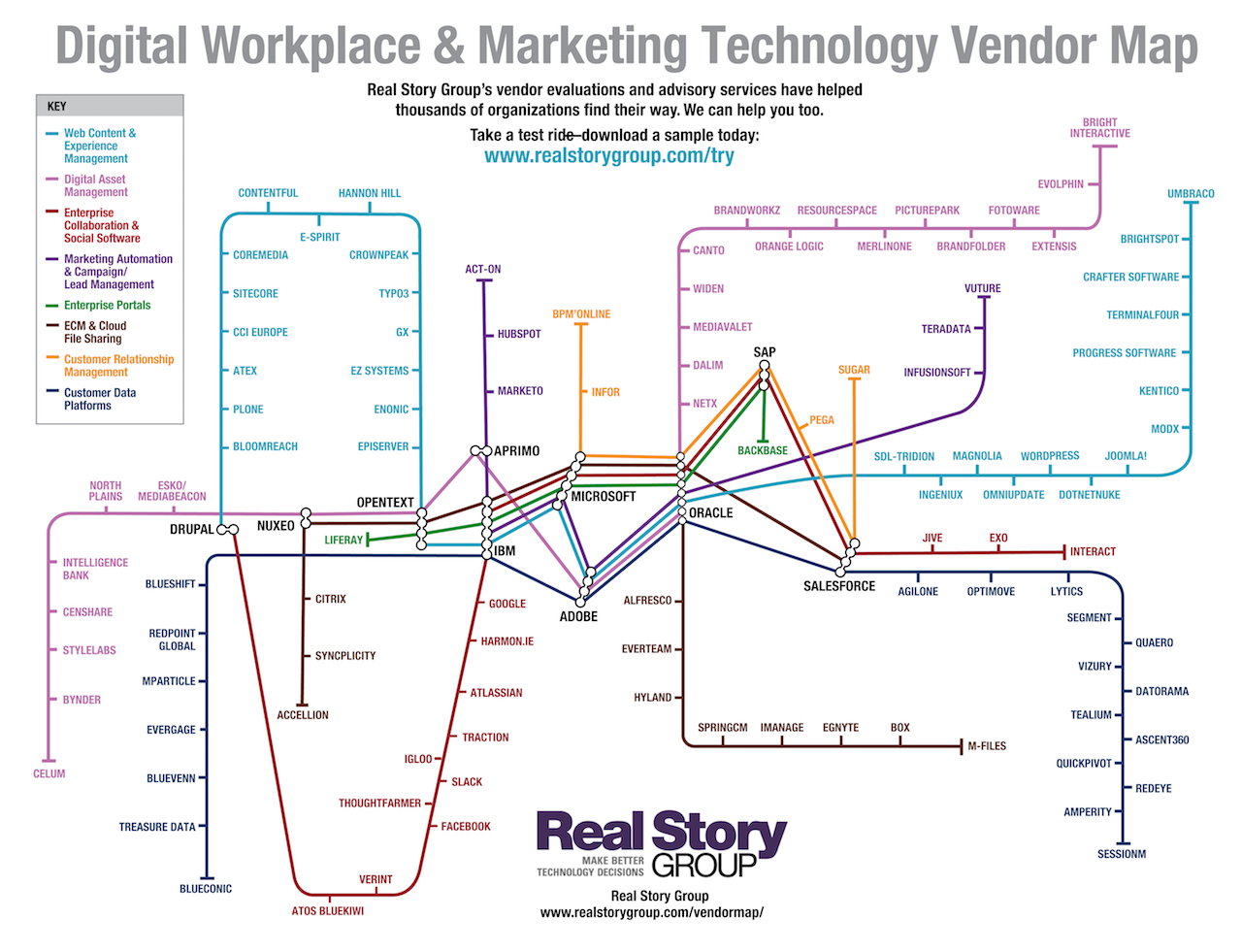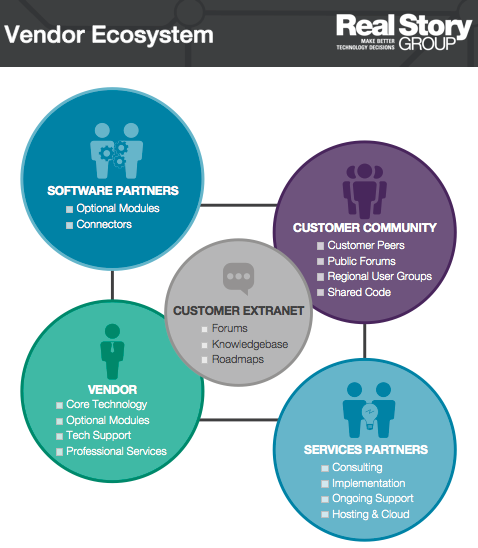The message from the Royal Mail and Twitter IPOs: it's the medium
Two organizations are in the news currently in connection with their IPOs.
If you are in or follow the technology industry, you’d have perhaps noticed the news about Twitter’s plans to become a publicly-listed company. As many of you will know, Twitter began life as an unrelated side project in another start-up company in 2006. The founders chose the name Twitter because it meant “a short burst of inconsequential information” and its raison d’etre was not exactly clear, even to them. Fast forward to today, and Twitter has hundreds of millions of users across the world (from the Pope on) and is seen as a valuable marketing and communications tool. Inside the enterprise too, Twitter- and Facebook-inspired communication techniques and idioms have taken root and in some cases are improving collaboration flows and business processes.
Another side to new modes of communication is receding traditional methods. That’s the story behind Royal Mail’s current sale of shares. The Royal Mail of UK dates back almost 500 years -- it was the first in the world to issue postage stamps -- serving as a communications lifeline in the UK for hundreds of years. But in recent years because of the unsurprising fall in (snail) mail volumes, the Royal Mall's financial figures have not been exactly rosy, so the British Government is privatizing by selling shares. (Note here that Twitter too is not exactly profitable, but investors reckon that to be part of the normal tech growth process.)
What is the message here for enterprises? Amid shifting communication preferences, if you’ve been holding out embracing social technologies, consider that -- while some skepticism is well taken -- perhaps it's time to acknowledge changing preferences. Of course, in a large enterprise in which the workforce spans multiple generations – (Gen-boomers, Gen-Y, Gen-X), different cohorts may have different preferred ways of collaboration and communication; Considering that, your digital workplace strategy should strike a balance among different tools, matching them to the task at hand.
According to MIT Sloan Management Review the importance of “social business” (i.e. leveraging social network concepts to your business) is increasing across industries. However, as the study notes, many barriers exist, not the least of which is a confusing plethora of technologies. I invite you to consult our enterprise collaboration and social software research for help with your “social business” initiatives.







